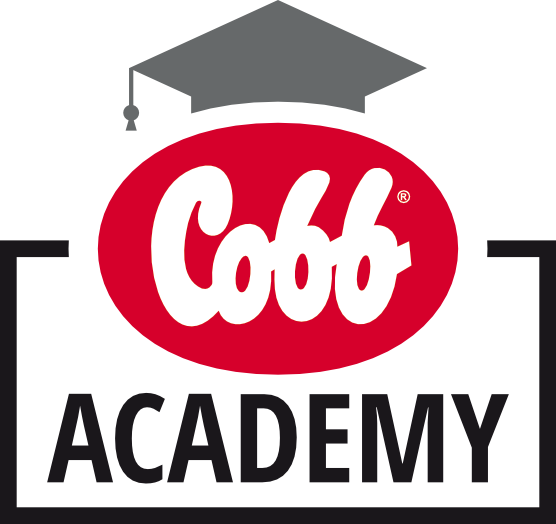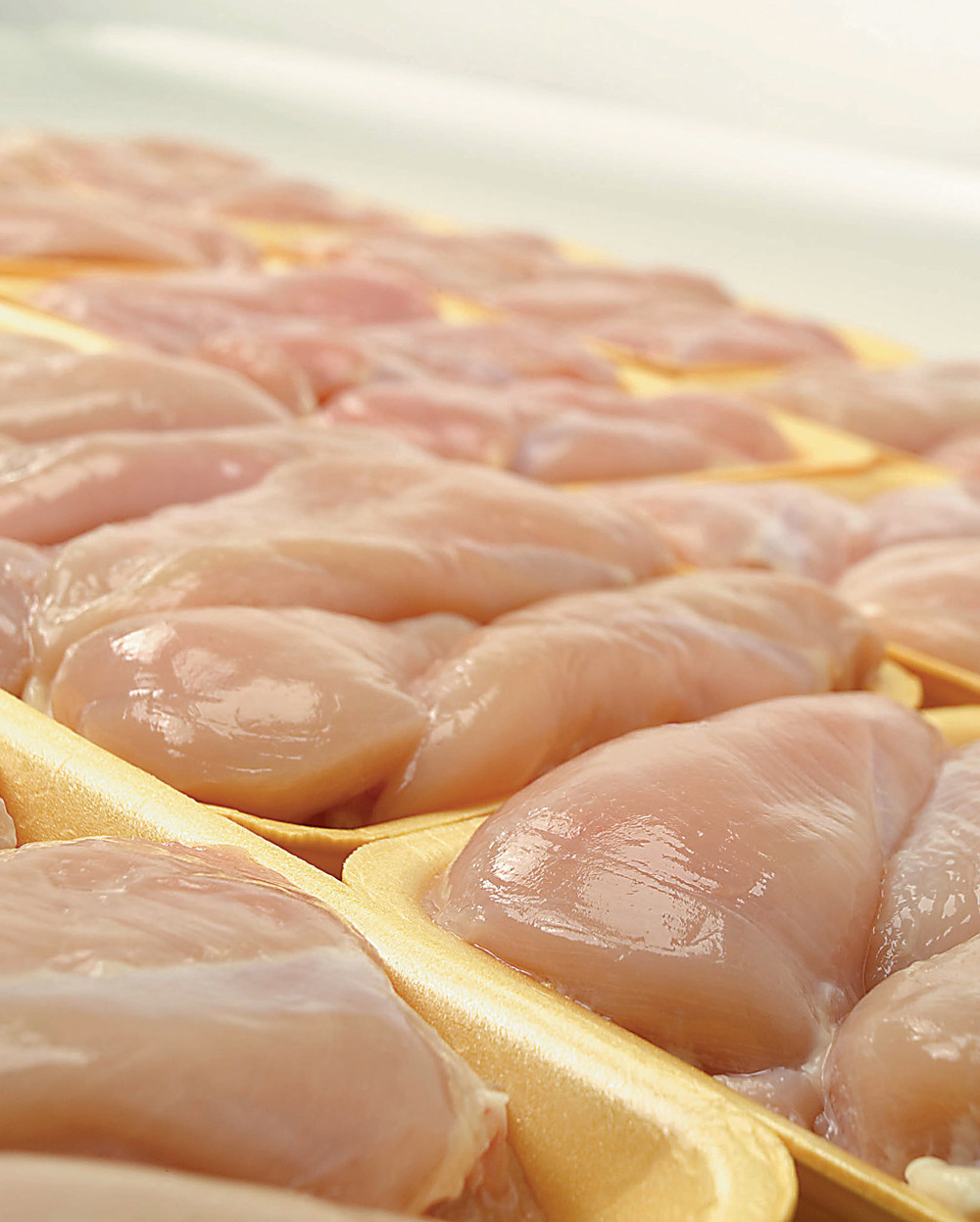Meat quality in chickens is a topic of concern that gained attention in the broader poultry industry around 2011. Five years later the media began reporting on the issue of wooden breast and earlier this year another meat texture issue – spaghetti breast - received national attention after a media article brought it to the forefront of meat quality discussions. The first reports of “tough meat” and “meat with unusual texture” were coming from the field, mostly from concerned (and disappointed) consumers.
Quick service restaurants (QSR) and full-service restaurants reported an uptick in complaints from their customers that some chicken products were inedible, due to very tough texture in the meat. Over time, there have been more reports in the market of the occurrence of meat quality issues. At processing plants there are efforts to improve the standards in identifying meat quality issues. However, the absence of a clear definition of what is wooden breast, spaghetti breast, and other meat quality problems may be leading to an overreaction to the actual size of the problem. Cobb is hard at work to solve this problem. With over a century in the broiler industry, we understand that meat quality directly impacts the ability of QSR to serve products to their customers reliably and without having to second-guess the quality of each batch of raw materials that comes into their operations.
In brief, the reason why meat can become tough is the unusually high concentration of collagen that is present in the breast muscle. There are known triggers that make this happen (e.g., cold weather, all-vegetable diets) but there is still much uncertainty around the process. At present, it is not clearly known why so much collagen ends up in the breast muscle. A combination of genetics, nutrition, and bird management practices will likely provide a solution to meat quality problems. Cobb has invested heavily in internal and external research to overcome meat quality problems.
Cobb-Vantress is a leading broiler genetics company that fully understands the value of balance in its products. As we steadily advance the quality of our genetics each year, we strive to share the improvements into several clearly measurable characteristics of our chickens: faster growth rate, better feed utilization, higher livability, better leg health, better egg production and fertility (for our breeders), higher carcass yield and improved meat quality.
There are many important industry traits that are easy to measure and understand; meat quality can be easily overlooked since it is possibly the hardest one to measure accurately. A combination of invasive and non-invasive methods must be used to identify birds with meat quality problems. Cobb uses both methods to select only the best birds to populate future generations in our farms. We take this matter seriously because meat quality, along with carcass yield, are major determinants of the financial success of broiler companies.
Flavor, along with texture, capture the essence of the experience of eating meat. Both angles must be present for the best possible results. The ability of poultry meat to retain moisture is directly related to profitability in value-added processing where marination and similar processes are involved. Whether the addition of flavors is done at the processing plant or at the restaurants, having the correct texture is paramount for the flavoring step to be successful. For example, filets coming from broilers that have wooden breast have a diminished capacity to retain the marinating fluid, resulting in imperfect uptake of flavors. Spaghetti breast and feathering compromise the integrity of muscle fiber structure, causing the fluids between meat fibers to be released. The final products lose excessive moisture during cooking.
Cobb’s genetics program has pioneered the measurement of meat quality traits and their use in our selection program. We take pride in having the leading meat quality standards in the market and will continue to work to improve it even further. This is a matter of great pride for our team and a part of the trust that has been developed between Cobb and our customers. We also see meat quality as part of our high ethical and integrity standards: we are committed to deliver to our customers products that help them achieve their own quality requirements. Meat quality is a big deal and we will continue to make it a priority.


